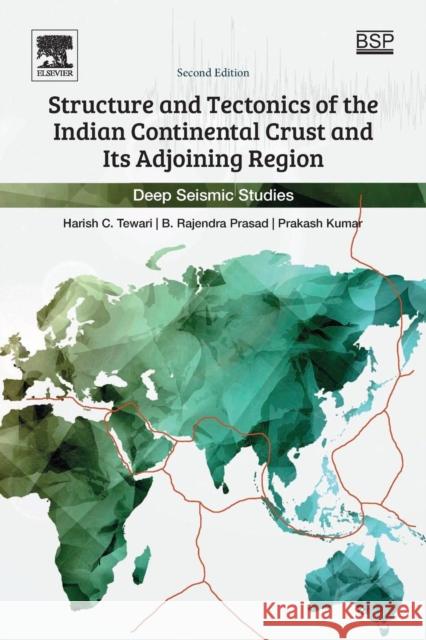Structure and Tectonics of the Indian Continental Crust and Its Adjoining Region: Deep Seismic Studies » książka
topmenu
Structure and Tectonics of the Indian Continental Crust and Its Adjoining Region: Deep Seismic Studies
ISBN-13: 9780128136850 / Angielski / Miękka / 2018 / 266 str.
Kategorie:
Kategorie BISAC:
Wydawca:
Elsevier
Język:
Angielski
ISBN-13:
9780128136850
Rok wydania:
2018
Ilość stron:
266
Waga:
0.36 kg
Wymiary:
22.91 x 15.19 x 1.42
Oprawa:
Miękka
Wolumenów:
01











